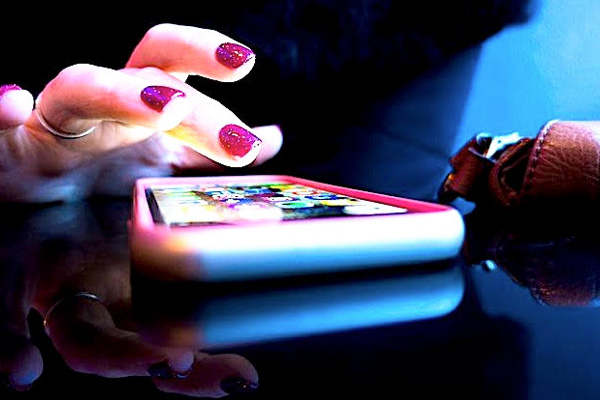What Privacy? –
September 20, 2019 – An app for monitoring people with bipolar disorder and schizophrenia is so precise it can track when a patient steps outside for a cigarette break or starts a romantic relationship — and where that new partner lives. . While these smartphone trackers are being developed through academic research projects, which require patients to give informed consent before sharing intensely personal information, mental health apps without such safeguards are already on the market for depression, anxiety, PTSD, and other conditions.
Many of these apps have a common problem, say experts on health technology: They put patients’ privacy at risk while providing marginal or unknown benefits. And in some cases, without customers’ knowledge, makers of mental health apps or services are using the data collected to create products that have nothing to do with health care. Phone apps hold enormous promise for mental health research and treatment, and could even prevent acute episodes of psychosis or suicide attempts. They’re always with the patient, unobtrusively monitoring sleep patterns, movements, location, and social interactions, providing clinicians insight into a person’s life that a monthly appointment can’t. But the question lingers whether patients using these apps are aware of just how much information they’re handing over, and how it’s being used.
“You don’t typically share medical information like this with companies,” said Dr. Mason Marks, an assistant professor at Gonzaga University School of Law who has written extensively on digital privacy. “Our health information used to be off limits, but because this is kind of a Wild West of health apps, that information can be collected and it can be shared with anyone.”



